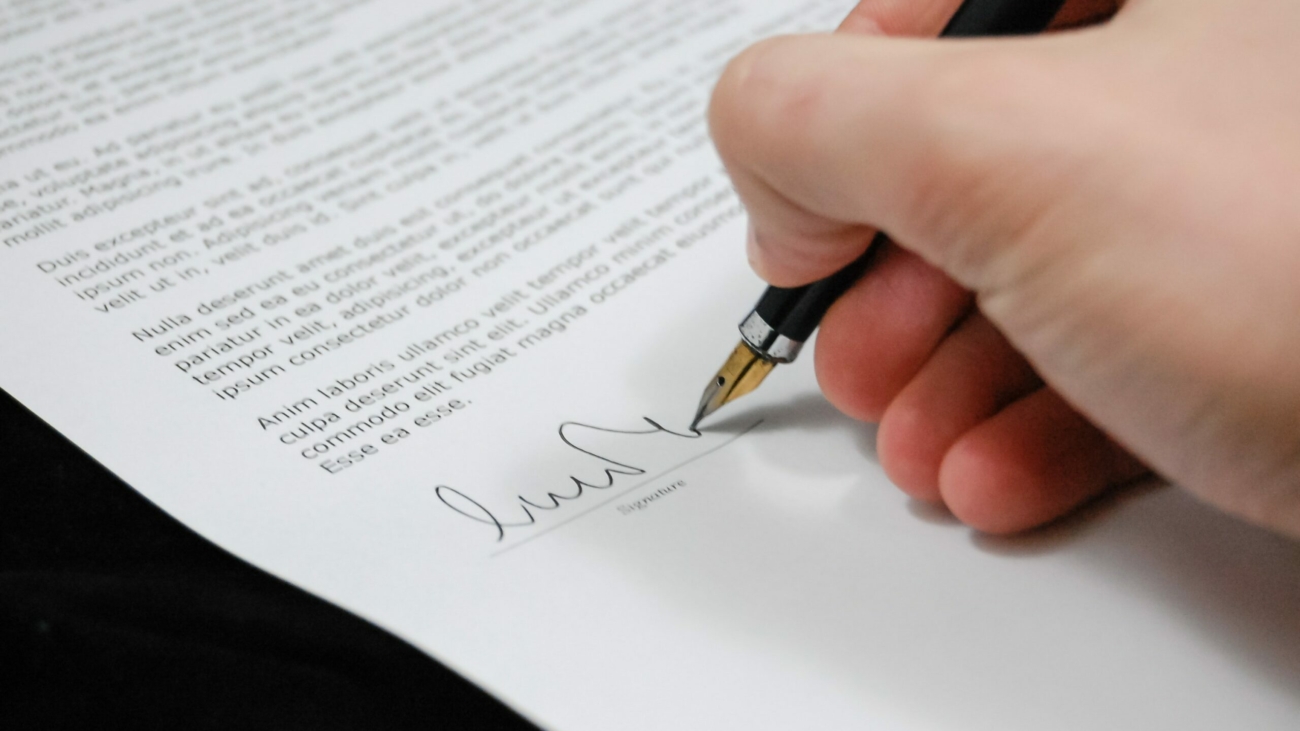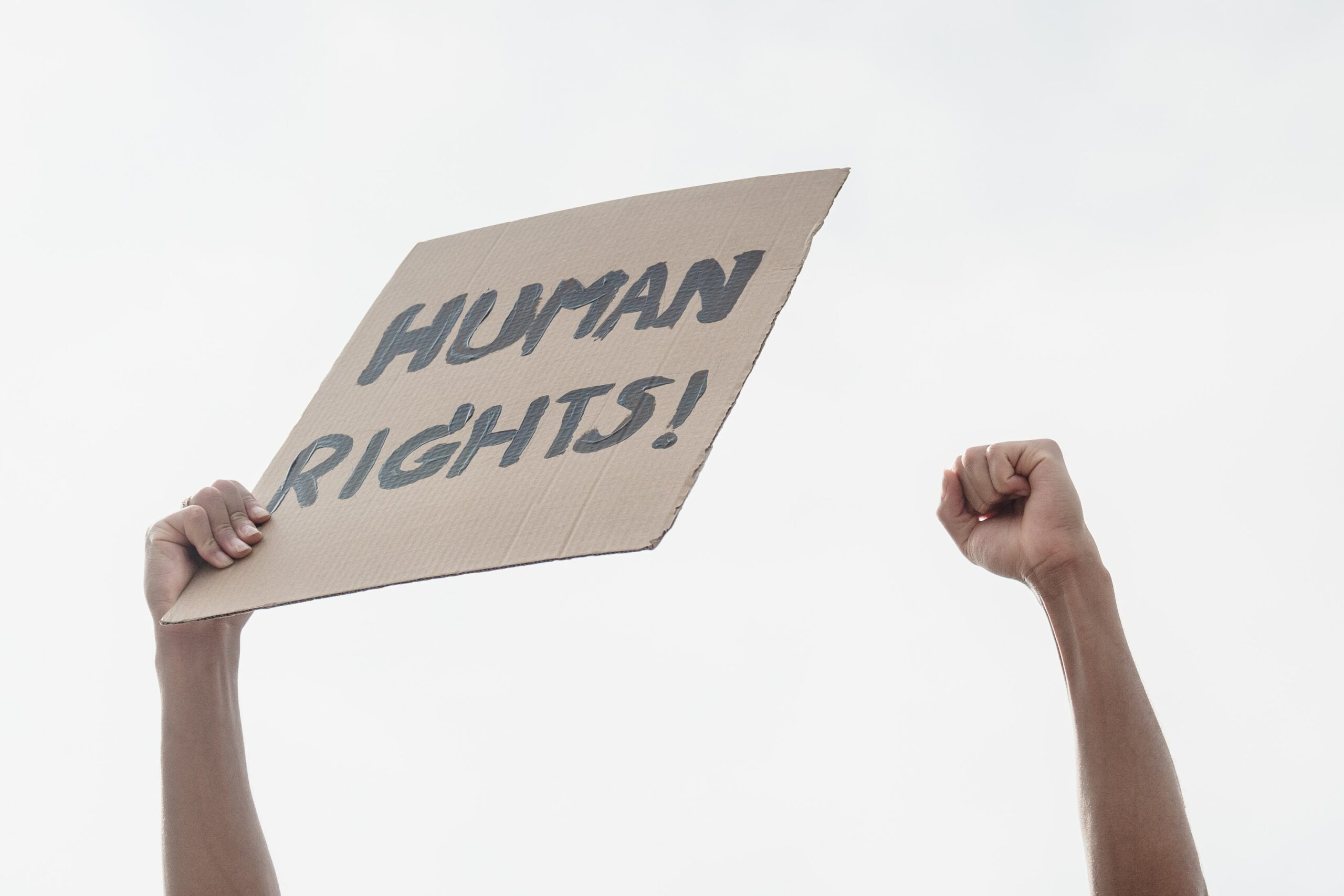Last November we published the first part on trade secrets and data protection. In this post, we introduced the subject by explaining trade secrets and the law that protects them. Today we are going to finish exploring the topic and shed some more light on it. Let’s go!
What is a violation of secrets?
A violation of trade secrets is considered to be when a person or entity accesses a company’s confidential information without authorisation and uses it to obtain economic benefits or competitive advantages.
This can range from disclosing confidential information to third parties, using trade secrets to directly compete with the company, or even misappropriating confidential information to sell it to another company.
Steps to protect your trade secrets
When guaranteeing the protection of trade secrets, a series of steps should be followed, such as those indicated below:
1.Establish confidentiality agreements
Establishing confidentiality agreements with employees and third parties (suppliers) is key to maintaining internal order and, if necessary, taking legal measures to penalise misuse of the company’s confidential information.

2. Control access
Many companies take into account the physical security of data, but nowadays most of that data is found in the digital framework. For this reason, companies must incorporate relevant protection measures in an increasingly digital world.
3. Define confidential information
When establishing a confidentiality agreement, it is necessary to regulate what is considered confidential information in a company. To do so, a thorough analysis must be carried out that identifies the secrets and associated risks.
4. Provide training
Training is also essential to avoid data breaches to the outside. Therefore, employees must be trained on how to handle the company’s data.
5. Make special protective equipment
It is important to delegate certain responsibilities to a security and data protection officer. This person will therefore be responsible for ensuring said protection.

6. Continue making progress
Many companies focus on data protection when it is already too late. It is important to start working on this immediately and continue to add projects and all types of actions to ensure the full protection of data. In terms of data protection, this is known as proactive responsibility.
7. Make protection the priority
Cyber threats are currently a significant problem at the business level. That is why taking action tomorrow is not good enough; data protection on the Internet must be handled straight away. Failing to do so, companies will jeopardise their finances and their reputation.
This is key; protecting trade secrets in a company is not only a preventive measure, but also a measure of future success. If you have questions or wish to know more about any of this information, do not hesitate to contact us. At Bacaria we can advise you.









